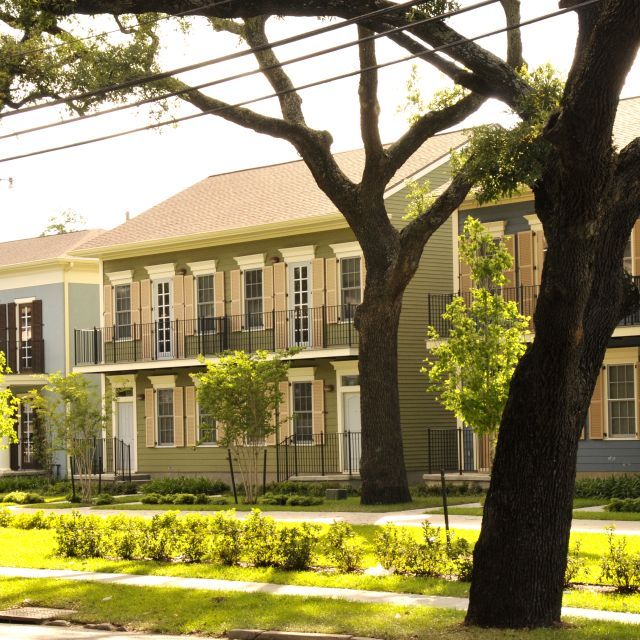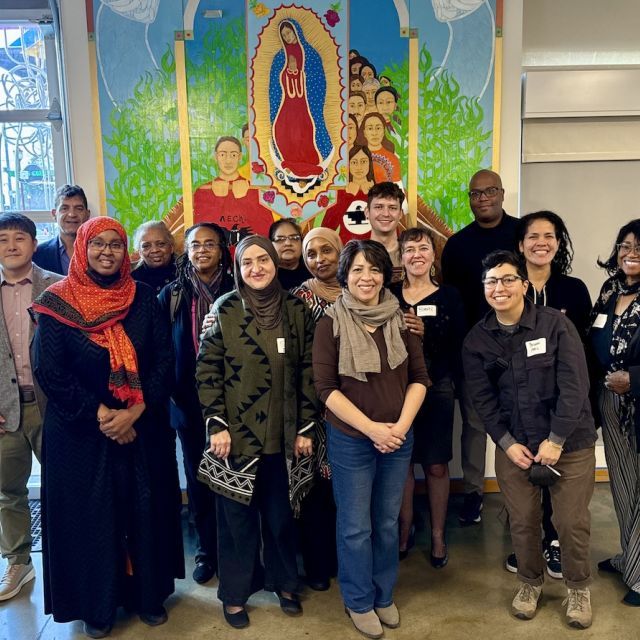California’s budget process has begun, marked by the release of Gov. Newsom’s January proposed budget for the fiscal year (FY) 2022-2023. While this is only the start of what will be a months-long negotiation process with the state legislature, the proposal indicates the administration’s priorities.
A revised budget will be released in May and a final budget approved by the summer.
For the second year in a row, California is facing another significant budget surplus. The administration’s proposed budget demonstrates a continued commitment to housing and homelessness, and we extend our gratitude to the administration for their partnership and commends their leadership on these issues.
While the proposed investments are significant, additional investments are necessary to meet the housing needs of low-income Californians today. Moreover, the budget surplus is an opportunity to invest with our values and create and preserve safe, affordable and stable housing for Californians for generations to come.
The administration has made climate a significant focus of this year’s budget, elevating the importance of the intersection of housing and climate and emphasizing the need for infill development. This priority is reflected by the housing investments in the proposed budget, proposing significant funding for the Affordable Housing and Sustainable Communities Program (AHSC) and the Infill Infrastructure Grant Program (IIG).
Enterprise commends the administration for their leadership in promoting affordable housing as a climate strategy. Through our AHSC technical assistance as well as our transit-oriented communities work, we’ve seen how investing in producing and preserving affordable housing in transit- and opportunity-rich communities provides stability and opportunity to lower-income Californians – who are disproportionately people of color – while also reducing greenhouse gas emissions.
The proposed budget allocates about $2 billion for housing and $2.275 billion for homelessness over the next two fiscal years and includes the following highlights:
- $300 million in supplementary funding for the AHSC Program ($75 million in FY 2022-23, $225 million in FY 2023-24) in addition to the annual 20 percent of continuous appropriations through the Greenhouse Gas Reduction Fund
- $500 million for the IIG Program ($225 million in FY 2022-23, $275 million in FY 2023-24), which funds much of the complementary infrastructure needed for affordable housing developments
- $500 million in state low-income housing tax credit program for the coming fiscal year
- $200 million for the Portfolio Reinvestment Program to preserve existing affordable homes ($50 million in FY 2022-23, $150 million in FY 2023-24)
- $100 million for the Mobilehome Park Rehabilitation and Resident Ownership Program ($25 million in FY 2022-23, $75 million in FY 2023-24)
- $500 million for Encampment Resolution Efforts for the coming fiscal year
- $1.775 billion for Behavioral Health Bridge Housing ($1.5 billion for FY 2022-23, $275 million for FY 2023-24)
In addition to the investments included in the governor’s proposal, we will be working with our partners to advocate for the following additional budget commitments:
- Ensure the affordable housing pipeline can move forward by focusing our state’s tax-exempt bonds on affordable housing and making supplemental investments in HCD programs to ensure that shovel-ready affordable housing developments are not stalled due to lack of resources.
- Prevent displacement, while expanding the stock of affordable housing quickly and cost effectively by investing $500 million in the Community Anti-Displacement and Preservation Program (CAPP) to acquire unsubsidized affordable housing and make them permanently affordable. Please sign on your organization to the CAPP budget request letter.
- Invest in operations and services for permanent supportive housing, including Homekey sites, that serve many of California’s most vulnerable residents. This funding is critical to ensure permanent housing and ongoing support to residents who were previously unhoused or at risk of homelessness.
We look forward to working closely with our partners in advocating for more robust funding for affordable housing to address the needs of low-income Californians across the state.



